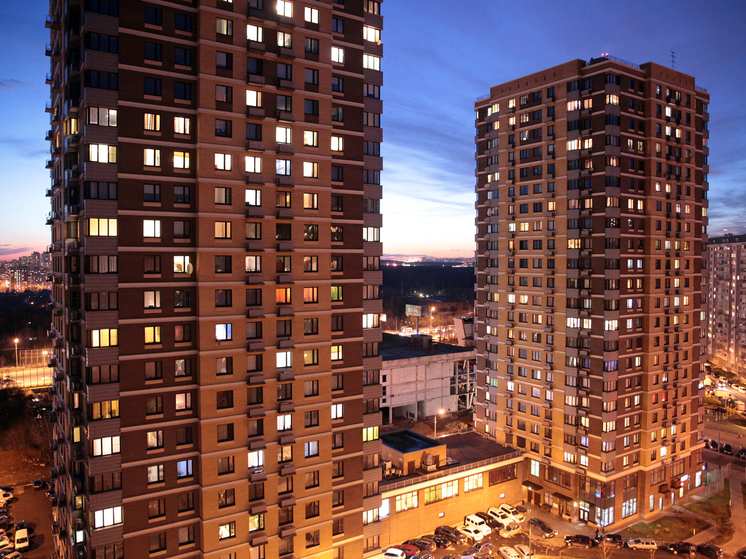Amendments to the Housing Code have already been approved in the State Duma
The State Duma Committee on Construction and Housing and Communal Services approved an amendment to the Housing Code, reducing the warranty period in construction from five to three years. MK found out how critical these changes are, what shortcomings in construction and repairs have to be eliminated within the warranty period.

Now five years is the standard warranty period for a new building; contracts between the developer and the home buyer can increase this period, but not reduce it. We also note that for engineering networks the minimum warranty period is shorter — it is three years. Thus, the new amendments will equalize the warranty “for walls” and “for infrastructure” in terms of duration.
As for major repairs, here, in accordance with the Housing Code (Article 182.2.11), the warranty period for all work is five years. The current amendments do not mention its reduction, but observers are naturally wary: the interest of repair contractors in reducing the warranty period for major repairs is even higher than in the case of new buildings.
“Three years ago, they did a disgusting overhaul; there were defects in painting and plaster, there were problems with the roof, they were fixed just under the warranty,” says Elena Brzhozovskaya, house supervisor (CAO). — It is impossible to catch these defects during acceptance if you are not a specialist, and besides, there is pressure on those accepting: there is no money or time anyway, autumn is just around the corner, accept it, and next year under warranty we will fix everything in the best possible way.
At the same time, in the first three years, it is primarily cosmetic defects and flaws in roofing work that appear. But defects associated with the replacement and modernization of utility networks may not manifest themselves for the first couple of years. These are, for example, defects when replacing heating risers and water pipes: low-quality material can make itself felt only in the third or fourth year. This applies to both new buildings and major repairs — but in the latter case, the defect may appear later.
“The reduction in the guarantee for finishing is very sad,” says foreman-tiler Abdelkader Ragimov. “Because it’s three or four years that cheap finishes last, and you can see the difference whether the work is good or not.” Where there is a defect, paint or tile, or installation of windows, it may not come out in three years, but it will come out in five.
The most common deficiencies that new residents require to be corrected under warranty are: poor waterproofing of external walls (the wall gets wet), defects in the installation of windows, a poorly functioning ventilation system, malfunctions of elevators and heating systems, Natalya Putyaeva, chairman of one of the Moscow housing cooperatives, told MK.
Reducing the minimum warranty periods for structural elements and finishing (for “engineering”, remember, it was like this for three years) is certainly to the advantage of developers, notes Valentin Mikheev, manager of a branch of one of the large real estate agencies. But you probably shouldn’t expect a decrease in quality: increased quality and even an increased “private” guarantee will become a marketing offer. “The guarantee is like grandma’s — they will write it on advertising posters and be sure to announce it in sales offices,” the realtor suggests.
But with major repairs — assuming that its guarantee can also be adjusted — everything is more complicated: market mechanisms practically do not operate in this program. Theoretically, at the stage of determining the overhaul program, sources of financing and contractor, apartment owners can choose a contractor who will suit them. However, the mechanism that allows such a contractor to propose is extremely labor-intensive and requires good horizontal connections between neighbors. That is why cases when the contractor is actually chosen by residents (and not approved by the capital repairs proposed by the Fund) are very rare. Almost as rare as individual projects for the reconstruction of five-story buildings instead of their demolition as part of renovation.
As a result, the amendments themselves on the warranty period in construction do not seem to bring anything terrible. They don’t, unless you think about the fact that builders no longer want to be responsible for quality beyond the ridiculous three years according to building standards. But in the field of overhaul, where the client cannot vote with his ruble and his feet, the situation is much more dangerous. Therefore, is it worth creating a precedent in construction? Moreover, there is also a symbolic dimension to the problem — by proclaiming the fundamental fragility of housing, the developer instills in his buyers some very wrong thoughts.


